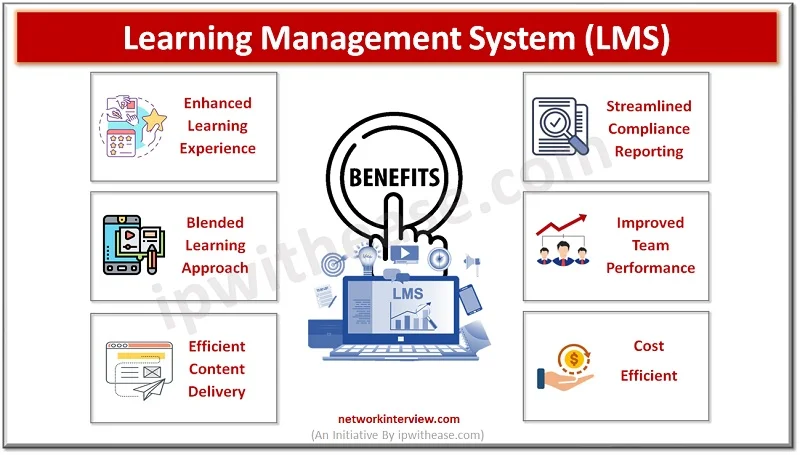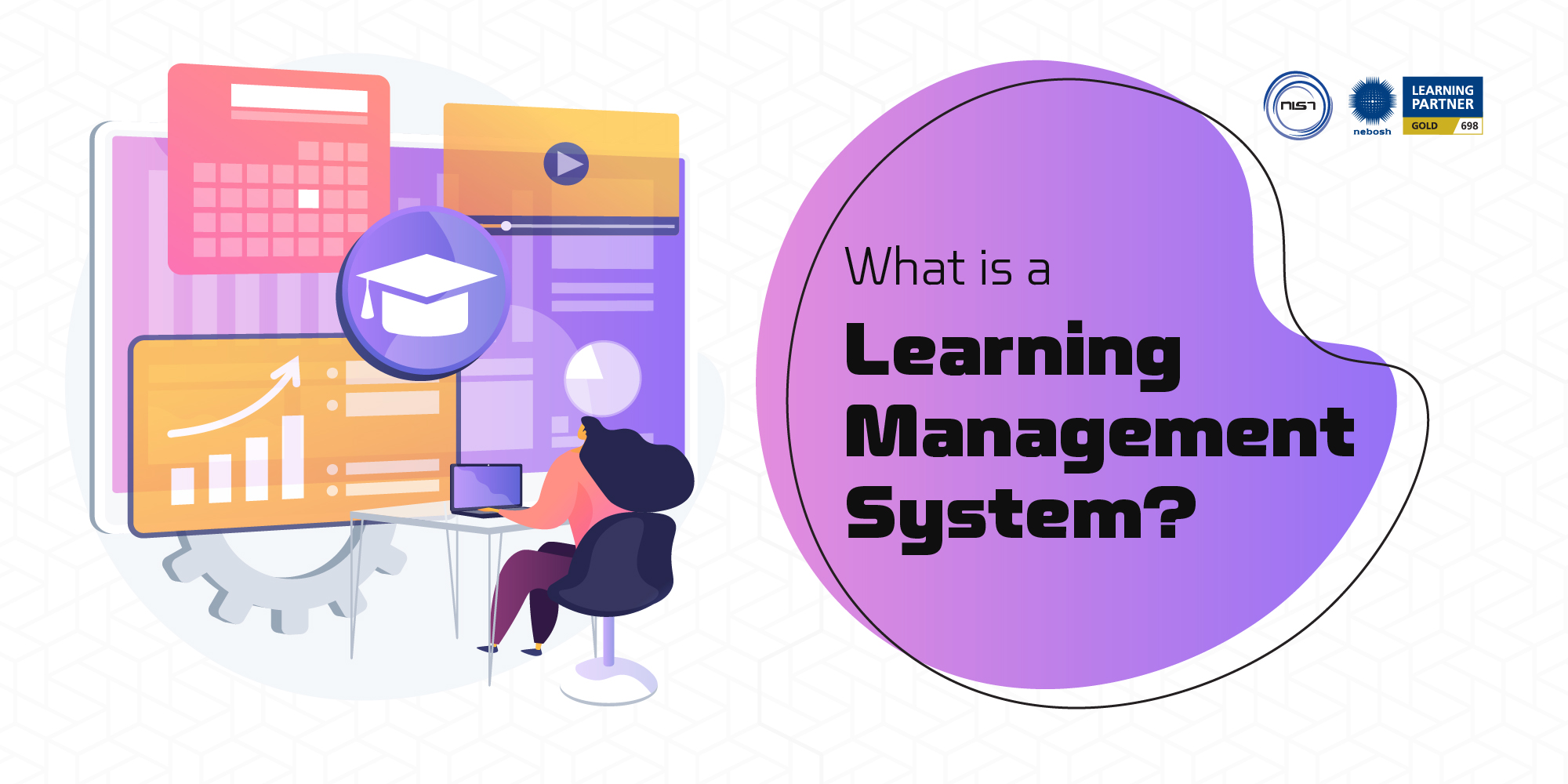Selecting the Ideal Learning Administration System for Your Company
Choosing the optimum Learning Administration System (LMS) for your organization is a complex choice that needs careful factor to consider of different elements. From defining specific learning goals that reverberate with your strategic vision to examining customer experience, each variable plays an essential function in the overall performance of the system. In addition, understanding integration abilities and making certain scalability for future requirements can not be neglected. As companies pursue performance and development, the choice of an LMS becomes increasingly considerable. What are the vital considerations that can affect your decision-making procedure?
Define Your Learning Objectives
Specifying clear knowing purposes is important for the successful execution of a Knowing Management System (LMS) These goals offer as a roadmap, assisting the growth of web content, evaluations, and total instructional techniques within the LMS. By developing details, quantifiable, attainable, relevant, and time-bound (SMART) goals, organizations can make certain that the understanding experiences are straightened with their strategic goals and student needs.
Efficient knowing goals need to envelop what learners are expected to understand or be able to do upon conclusion of a training course or training program. This clarity not only help in web content creation but also assists in the assessment of student development and the general effectiveness of the LMS. Singapore LMS. Furthermore, well-defined purposes enable stakeholders to examine whether the selected LMS functionalities and attributes align with their educational goals.
Assess Individual Experience
Once discovering objectives have actually been established, examining user experience becomes an important next action in picking an appropriate Learning Administration System (LMS) Customer experience incorporates the total complete satisfaction and simplicity with which learners connect with the system. A well-designed LMS must assist in user-friendly navigation, making certain that customers can find programs, products, and assistance easily.
To examine customer experience, consider carrying out usability testing with a representative sample of end-users. Trick aspects to review include the LMS's interface design, availability attributes, mobile compatibility, and the clearness of directions supplied.
In addition, assess the accessibility of support resources, such as tutorials and assistance centers, which can boost the customer experience. The responsiveness of consumer support is additionally crucial; timely help can considerably alleviate irritations that individuals may come across. Ultimately, picking an LMS that focuses on user experience not only enriches the discovering procedure but also fosters greater interaction and satisfaction among learners.

Evaluate Combination Capacities
Acknowledging the relevance of smooth capability, assessing integration abilities is important when choosing an Understanding Administration System (LMS) A reliable LMS ought to assist in interoperability with existing systems, such as Personnel Administration Equipment (HRMS), Customer Partnership Management (CRM) platforms, and other instructional devices. This assimilation boosts data circulation, lowers administrative burdens, and makes sure a natural learning environment.
When assessing an LMS, consider the sorts of combinations offered. Search For Application Shows User Interfaces (APIs), Solitary Sign-On (SSO) capacities, and pre-built ports that streamline combination processes. Additionally, verify the LMS's ability to integrate with third-party devices, such as content collections or evaluation platforms, which can dramatically enhance the understanding experience.

Think About Scalability and Adaptability
As organizations progress, the ability of a Knowing Monitoring System (LMS) to range and adjust ends up being progressively essential. A scalable LMS can suit development in user numbers, program offerings, and content without compromising efficiency or customer experience. As services expand, whether with raised personnel, new places, or diversified training demands, the LMS ought to effortlessly expand along with these changes.
Flexibility is just as crucial; an efficient LMS has to support numerous learning modalities, such as online, mixed, and mobile knowing. This versatility enables organizations to react rapidly to arising trends in training and advancement, ensuring like it that they can use interesting and appropriate learning experiences - Learning Management System Singapore. Furthermore, the system should provide customizable functions, making it possible for companies to customize the LMS to their specific needs and branding
Moreover, a flexible LMS must incorporate easily with existing platforms and devices, helping with a cohesive learning environment. Therefore, when choosing an LMS, it is vital to evaluate not just its present capabilities however also its prospective to expand and adapt in visit this website positioning with the organization's strategic objectives and evolving learning needs. This insight can considerably boost the long-term practicality of the picked LMS.
Review Costs and Budgeting
When evaluating a Discovering Administration System (LMS), reviewing expenses and budgeting is necessary to make sure that the investment aligns with the organization's financial capacities and critical objectives. Organizations ought to begin by determining the complete expense of ownership, which includes licensing fees, implementation prices, maintenance, and any type of extra costs such as training and technical support.
It is essential to contrast numerous LMS alternatives, as rates models can differ dramatically among vendors. Some systems might provide a subscription-based model, while others might charge an one-time charge. Organizations should also think about the scalability of the LMS; as they grow, the cost structure might alter, impacting long-term budgeting.

Conclusion
Selecting an ideal Understanding Management System (LMS) is crucial for attaining organizational learning purposes. Inevitably, the appropriate LMS serves as a pivotal tool in cultivating an effective understanding environment and driving business success (LMS Singapore).
Picking the optimal Knowing Administration System (LMS) for your organization is a diverse choice that original site calls for cautious consideration of numerous components.Specifying clear learning purposes is necessary for the effective implementation of a Knowing Administration System (LMS)Once learning objectives have been developed, examining user experience becomes an important next step in choosing a suitable Learning Administration System (LMS)As companies progress, the capability of a Discovering Monitoring System (LMS) to range and adjust ends up being progressively important.Choosing an appropriate Learning Monitoring System (LMS) is crucial for accomplishing business discovering objectives.